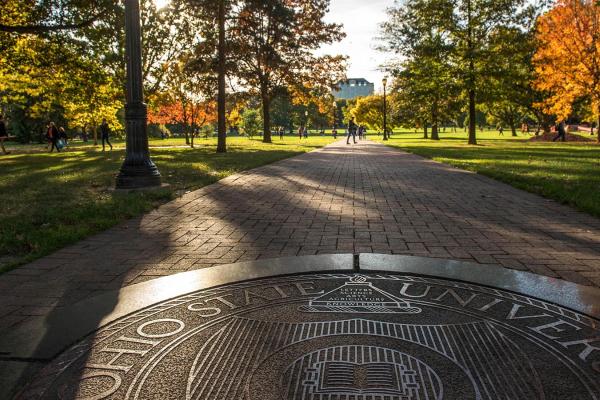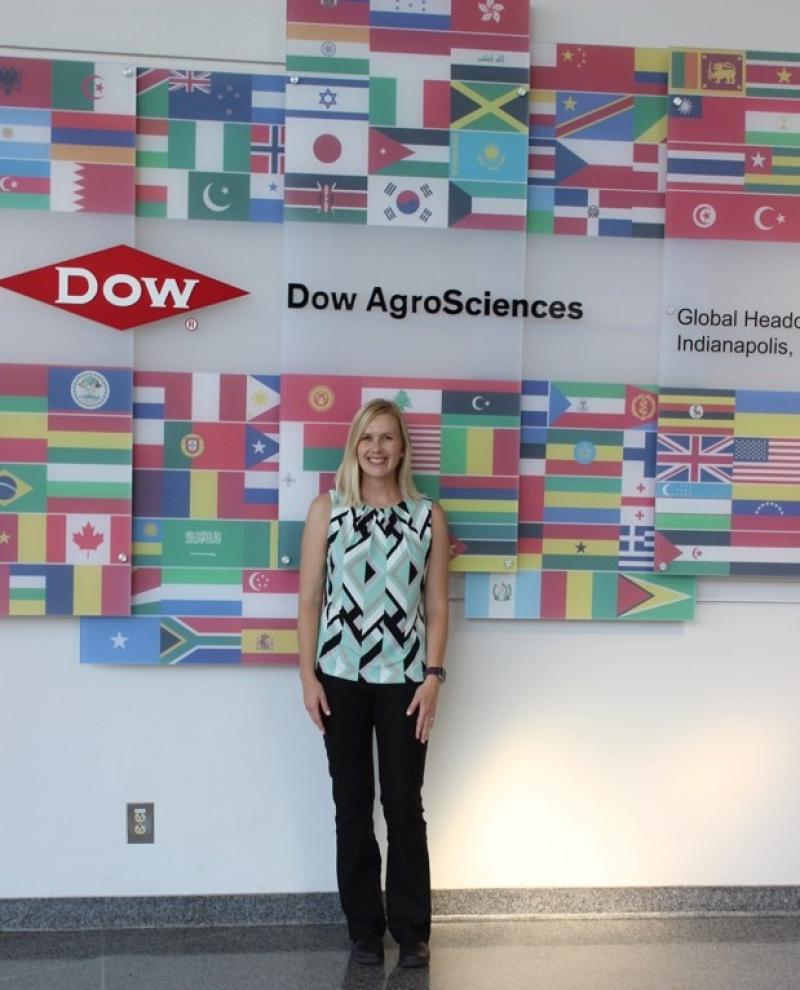My experience as an intern in agriculture industry

During the summer of 2017, I was fortunate to have the opportunity to work as an intern in Research and Development (R & D) in Entomology at Dow AgroSciences. I was there for 3 months, and I would like to share my opinions about a couple of things I learned about careers in agriculture industry.

It’s fast-paced and team oriented. As graduate students, our research project progresses over time as we review the literature, establish research questions, and learn the techniques and analyses that are essential to our project. These experiences take time but are required so that we can learn how to navigate through the
scientific method, a process that is essential for our future success in science. Conversely, when I was away at my internship, I was part of a team where we conducted several research projects simultaneously to work towards the same goals. For my project, I always utilized the help of
team members at one or more steps of an experiment, from experimental design to analysis. Our teamwork propelled our research forward at a fast and exciting pace so that we were able to decide which projects to keep pursuing to progress towards our goals.
Negative data is still useful. R & D experiments that “fail” or do not lend support to our hypotheses are just as useful as experiments that work perfectly. Our experiments with negative data ultimately helped us save time and resources by pursuing other experiments with more promising preliminary data. Often times the experiments that generate negative data are written up as an internal publication that stays within the company, so that these efforts are not duplicated in the future.
Many R & D discoveries do not become a commercial product. In my opinion, you can think of product development and commercialization like a funnel. R & D is the broadest part of the funnel, where innovation and creativity help generate diverse projects that address company goals. The company’s agricultural goals are also broad, and include increasing crop yield, protecting crops from biotic and abiotic stresses, developing new pesticides, and improving agriculture sustainability. However, few R & D discoveries will become a commercial product, analogous to the end of the funnel. Some R & D discoveries advance our scientific knowledge and are important for the success of future products. Other R & D discoveries have the potential for product development and progress through the pipeline for as long as they continue to meet efficacy and safety standards.
Publishing is encouraged. One myth that many graduate students believe is true about industry is that those working in industry cannot publish. I observed the opposite is true, even in R & D. In fact, my research project was born from findings in publications from our R & D group. It is my understanding that different departments have different guidelines about publishing, but overall publishing is encouraged and sometimes may even be a requirement.
I was encouraged to network and advance my professional development. My supervisor encouraged me to take an active role planning our project, which improved my leadership skills. I also presented our progress and results at almost biweekly group meetings, which generated good discussion and helped guide me during future experiments. At the end of my internship, I presented a seminar and participated in a poster session, which helped me improve my presentation and critical thinking skills. I was also fortunate to meet many people in different departments, and it was a great experience to network and talk about their career trajectories and plans.
I had a wonderful experience at Dow AgroSciences, and I feel great knowing that my research project contributed to our knowledge of crop protection against insect pests.
Written by TPS Fellow Ashley Yates
